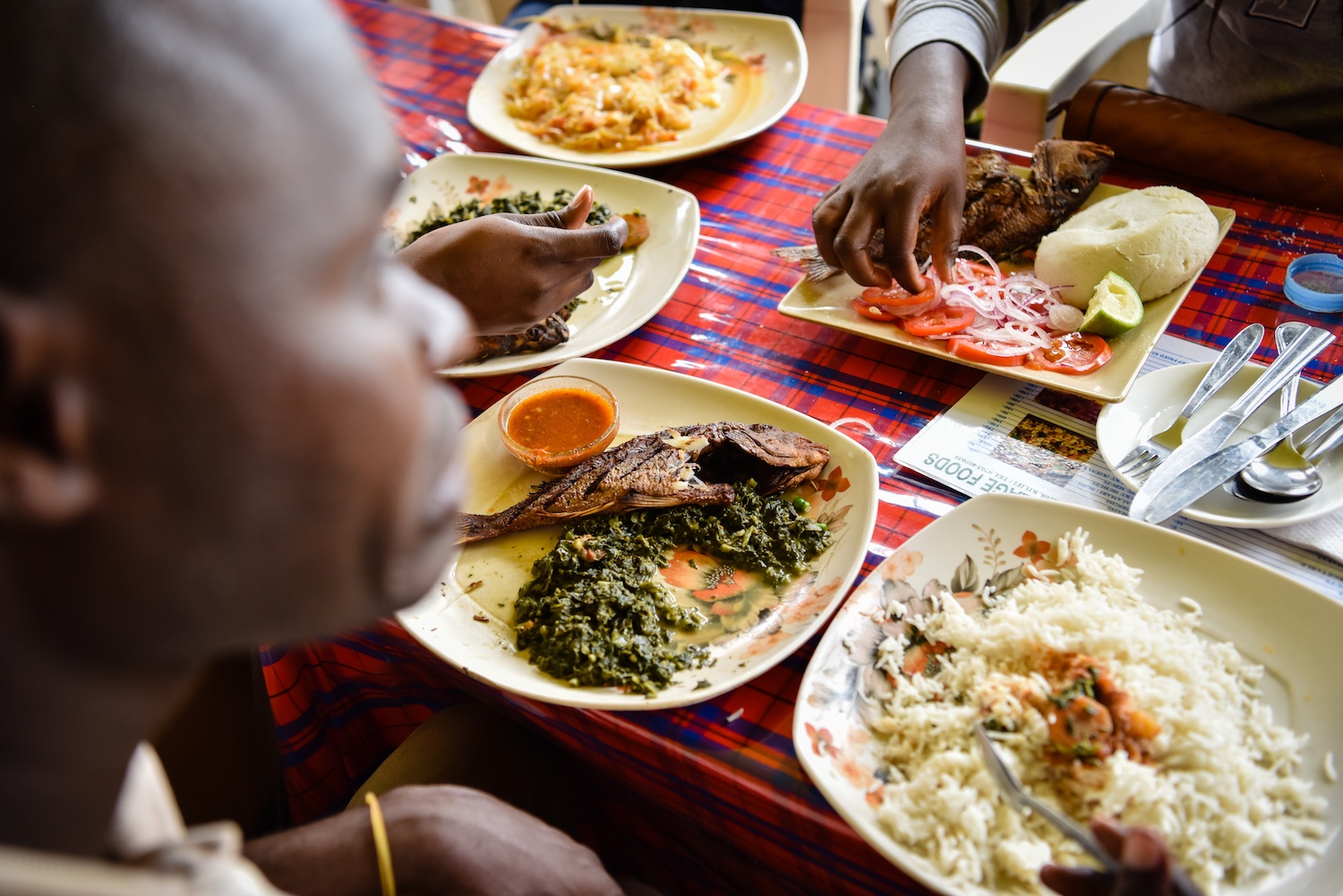
Funded by the U.S. Agency for International Development (USAID), the Feed the Future Innovation Lab for Fish aims to reduce poverty and improve nutrition, food security, and livelihoods in partner countries through the reliable provision of nutrient-rich fish and other aquatic foods.
Rich in both macro- and micronutrients, fish and other aquatic foods are among the most traded agricultural commodities in the world. In low- and middle-income countries, more than 2.6 billion people depend on some form of fish for more than 20% of their total animal protein.
How fish and other aquatic foods are produced, caught, processed, distributed, and sold therefore affects the nutrition and livelihoods of small-scale producers and consumers, making safe and sustainable access to aquatic foods a vital part of the U.S. commitment to end global hunger and poverty.
To achieve these goals, the Fish Innovation Lab supports research and capacity-building activities targeting three program areas:
- Efficient aquatic system innovations
- Nutrition and food systems
- Access to improved inputs
The Fish Innovation Lab received its first 5-year grant in September 2018 to support USAID’s agricultural research and capacity-building work under Feed the Future, the U.S. Government’s global hunger and food security initiative. USAID awarded a 5-year extension to the Fish Innovation Lab in 2023. Mississippi State University (MSU) is the program’s management entity. Blue Aquaculture Consulting, Pwani University, Texas State University, the University of Rhode Island, Washington University in St. Louis, and WorldFish serve as management partners.
Activities target Feed the Future countries, with a primary focus on Bangladesh, Kenya, Nigeria, and Zambia. Other high-priority countries include Ghana, Madagascar, Nepal, Senegal, Tanzania, and Uganda.

